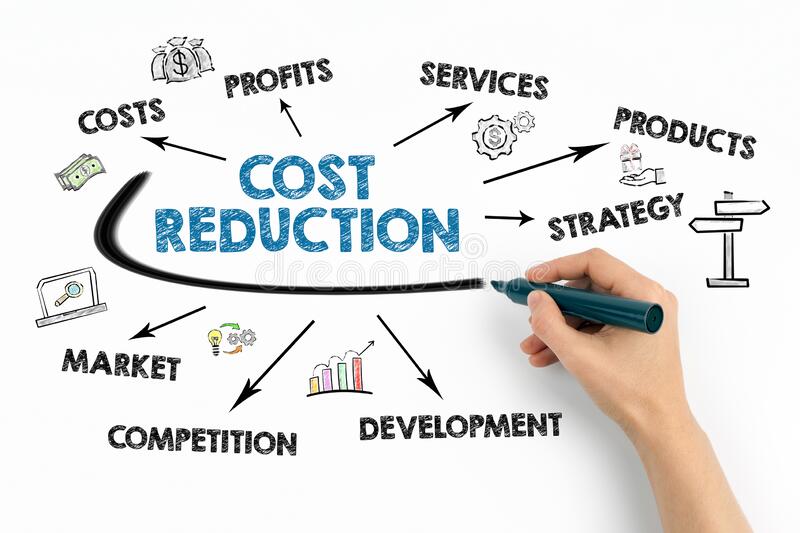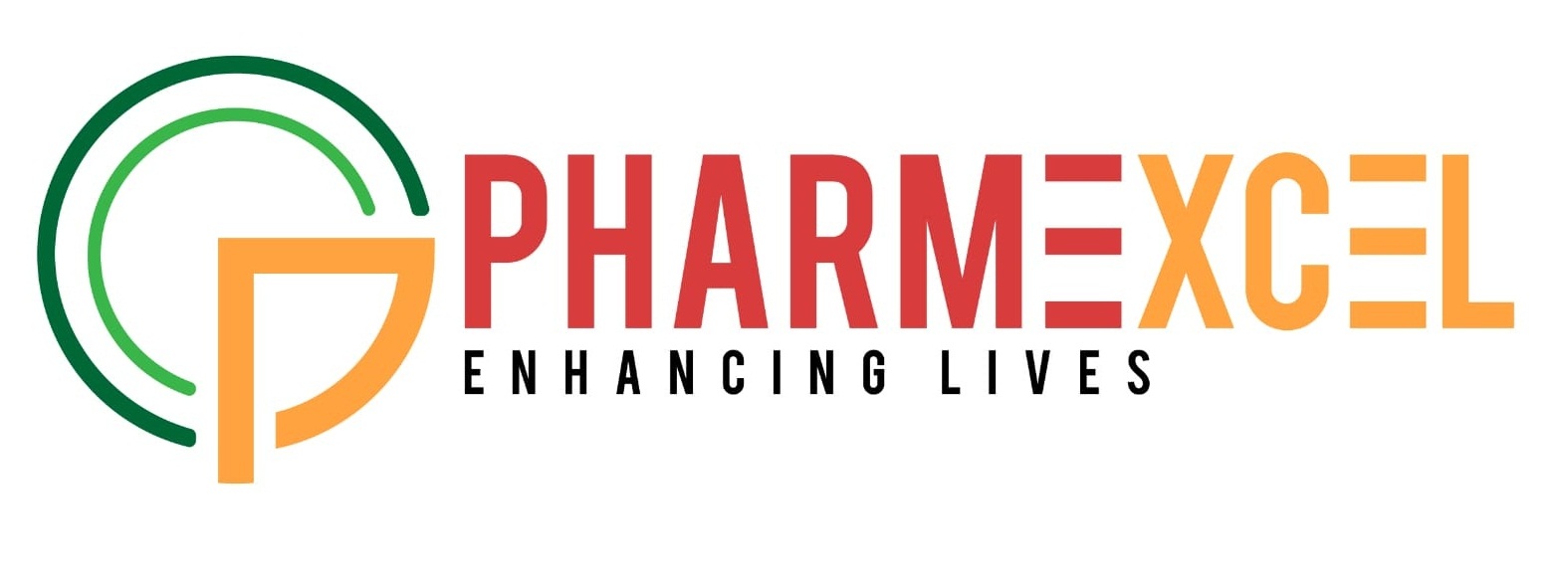Cost Reduction
Cost Control focuses on decreasing the total cost of production while cost reduction focuses on decreasing per unit cost of a product. Cost Control is a temporary process in nature. Unlike Cost Reduction which is a permanent process. The process of cost control will be completed when the specified target is achieved.
What is cost control?

Cost control ensures that expenditures are within predetermined limits. Under this approach, managers and executives are held responsible for regulating the cost of operations. If there is a deviation from these established standards, it is noted and reported on a continuous basis
The pre-requisites of an efficient cost control system are:
Establishment of authority and responsibility, i.e., each cost center must be designated against the name of its responsible manager. There should be clearly defined goals. Individuals should be motivated to achieve targets, either through financial or non-financial incentives. Comparison of actual performance with budgets should be followed by appropriate recommendations and actions.
The following steps are followed to exercise control over cost:
- Determination of pre-determined standards / goals :
The beginning of any production or service activity, standard costs or performance targets are set for each cost object or cost centre. These then represent the desired costs or outcomes that must be met.
- Assessment of actual performance:
The actual cost or outcome of each cost object or cost centre is measured. But here, one thing must be taken care of. Performance must be measured in the same way in which targets are fixed. To provide a common benchmark for comparison
